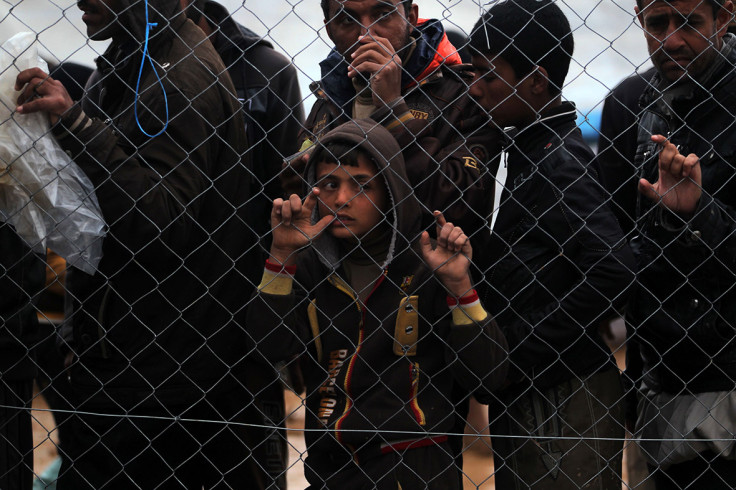Iraqi forces close to capturing al-Nuri mosque in Mosul as coalition air raid kills foreign fighters
According to US officials, at least 2,000 jihadists are still in Mosul.
The Iraqi government ground troops on Sunday (19 March) engaged in battles against the Islamic State militants and came close to the strategic al-Nuri mosque in Mosul as the army helicopters attacked the terrorist group's positions inside the Old City.
A spokesperson for the police said: "Federal Police and Rapid Response forces resumed their advance after halting operations due to bad weather. The troops have a target of retaking the rest of the Old City."
The forces have reportedly advanced beyond the train station in western Mosul close to the al-Nuri mosque. The battle against the jihadists in Mosul is now in its sixth month. The coalition forces have captured almost half of west Mosul and eastern part of the city in its entirety and are now focusing on seizing the Old City.
The al-Nuri mosque is the same place where Abu Bakr al-Baghdadi, the leader of the group, declared him as the head of the group in 2014.
According to US officials, at least 2,000 jihadists are still in Mosul and are resisting with snipers, mortars and suicide car bombs. On Sunday the black flag of Isis still flew from the mosque's minaret, Reuters reported.
"We are advancing toward the Old City. Their resistance is weakening. They are mostly using car bombs and that shows they are losing on the ground," Police Commander General Khalid al-Obedi told reporters.
Meanwhile, a coalition air raid destroyed a command centre and killed foreign fighters including Abdul Kareem al-Rusi, the Russian head of the Tareq Bin Ziyad brigade. Two fighters from Morocco, a British-Algerian, a French-Syrian and a Turkish commander were also killed in the strike.
As battles have now entered the densely populated area of western Mosul, more civilians are now fleeing from liberated areas where food and water supply are scarce. Many residents said that they had barely anything to eat for weeks and scrambled for supplies handed out by a local aid agency.
At least 255,000 people have been displaced from their homes in Mosul since the fighting began in October while 100,000 were displaced since the campaign in west Mosul began on 19 February, according to data by United Nations.

© Copyright IBTimes 2024. All rights reserved.





